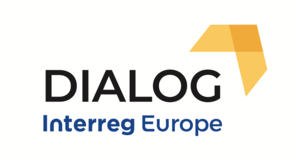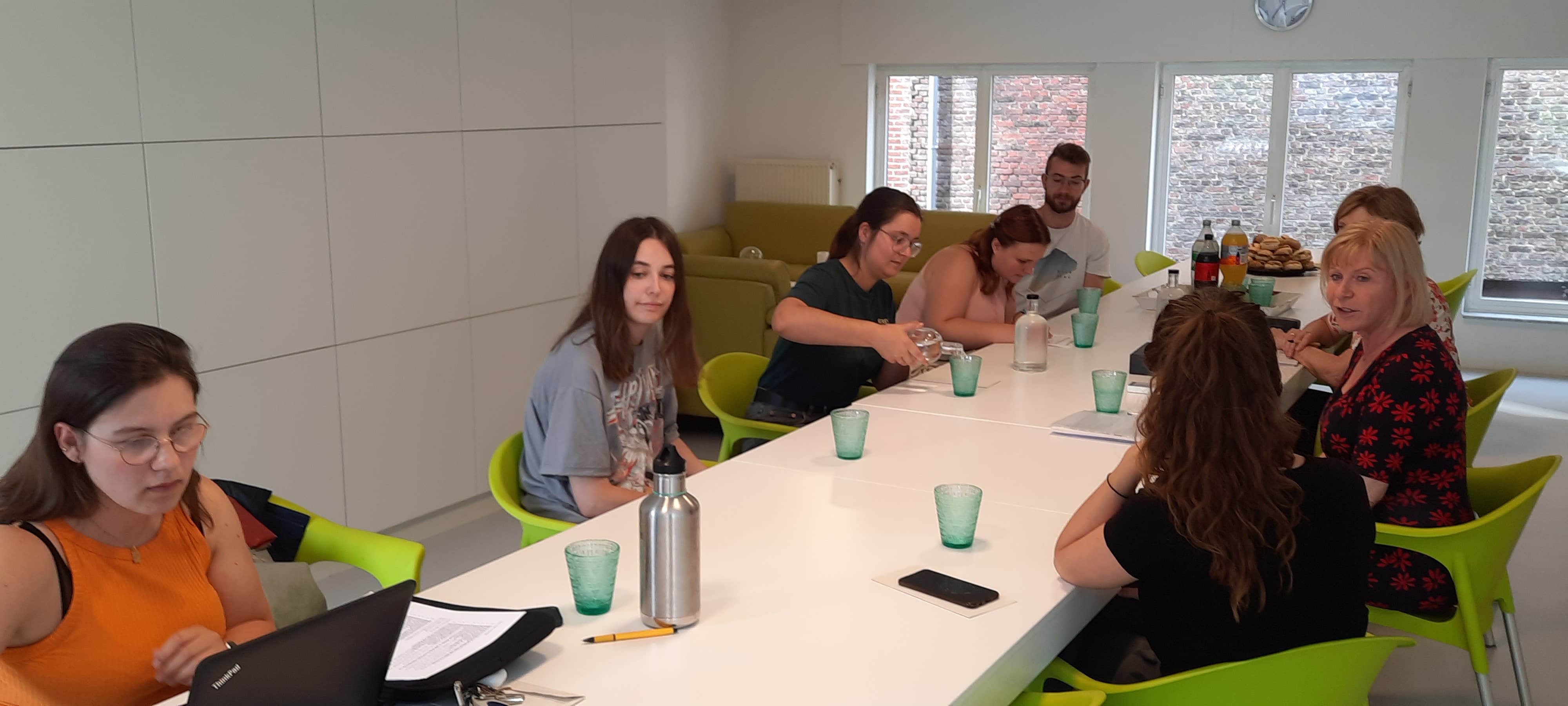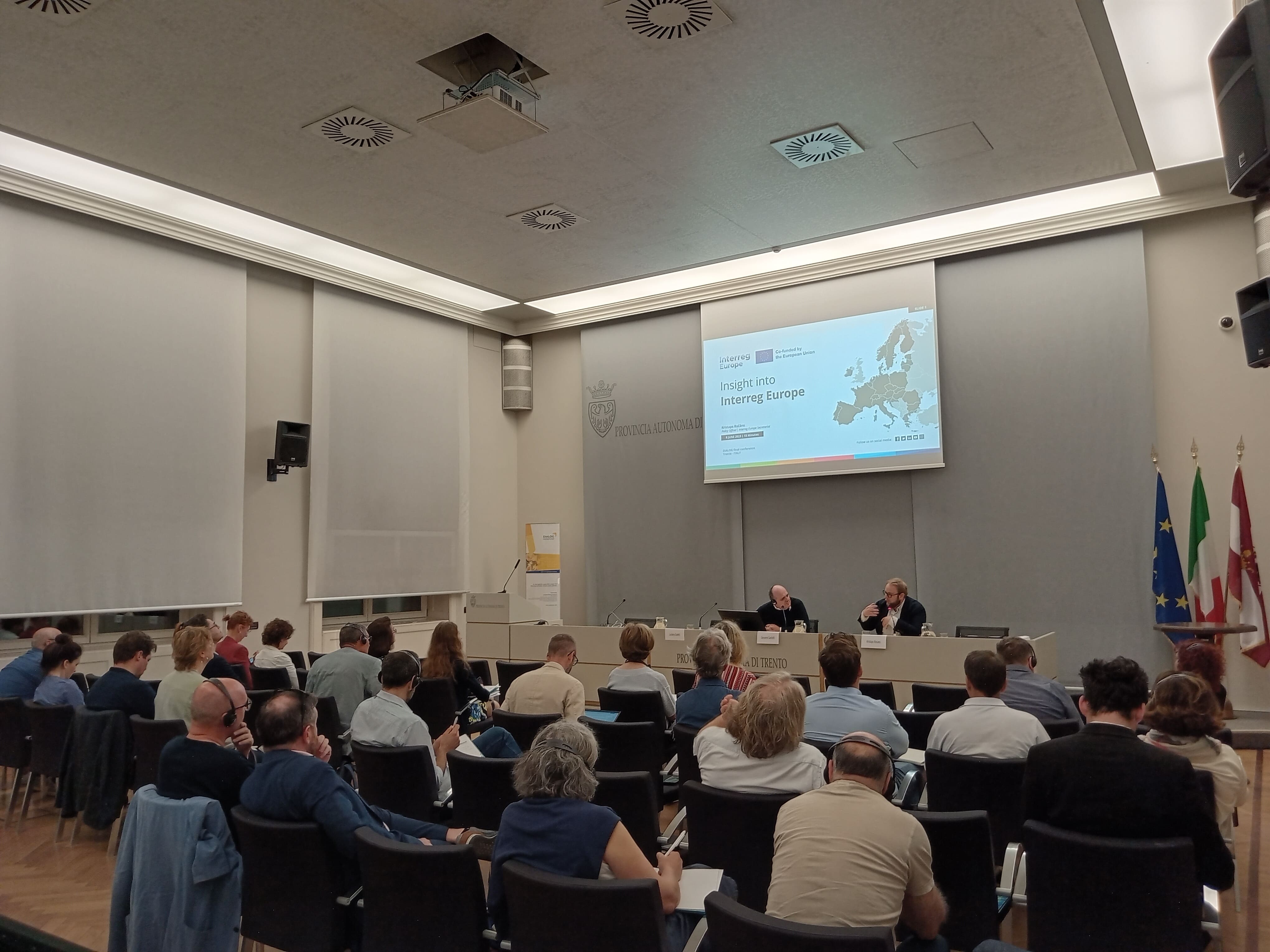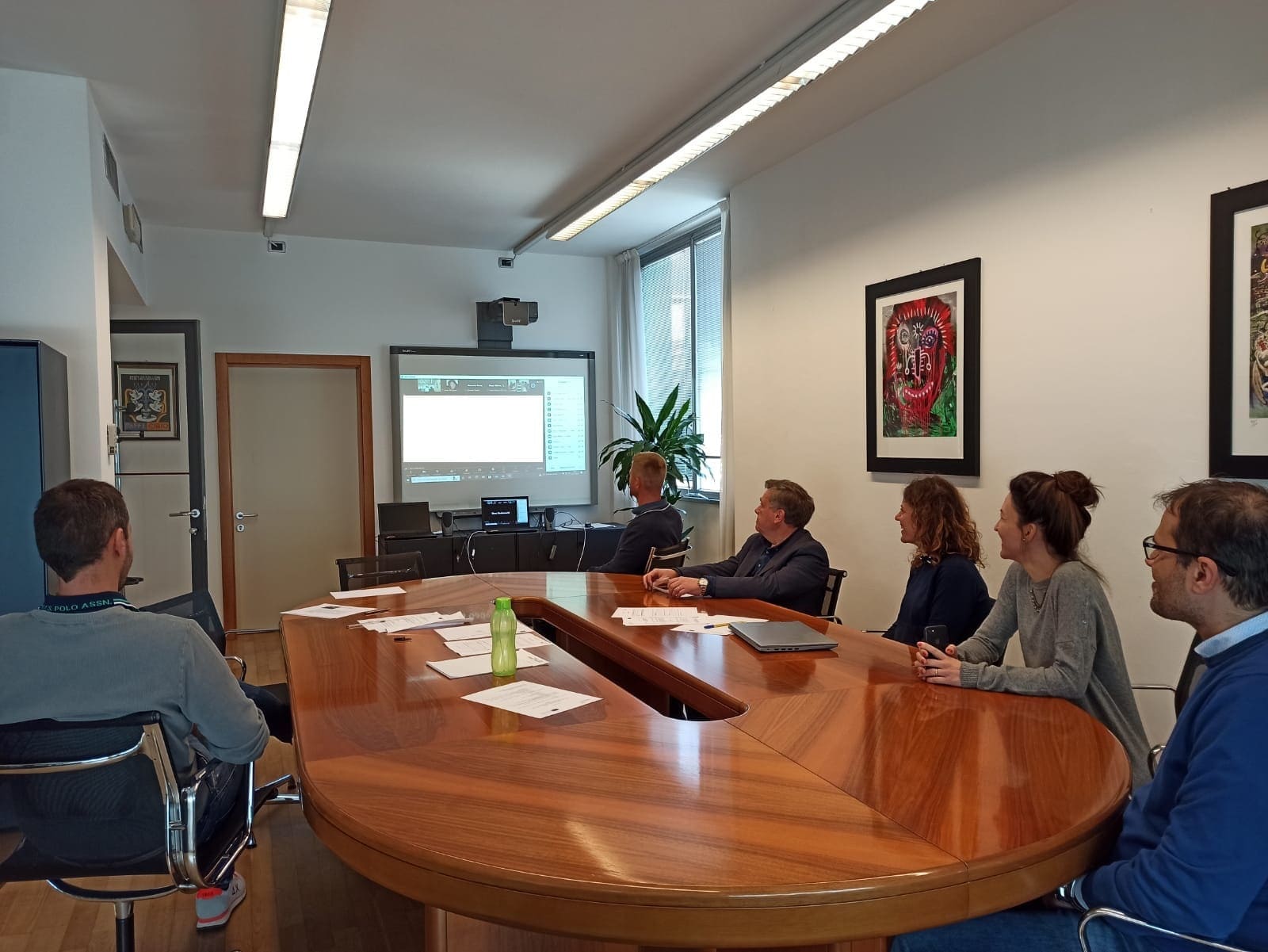The third web meeting of the Dialog project took place on the zoom platform on Friday 11 September 2020 from 9.30 to 13.00.
The meeting was organized by the Belgian partner of the Flanders region and for reasons of social distancing related to the covid-19 health emergency, it took place online with the participation of 54 people including project partners and stakeholders involved. The moderator of the meeting was the Caroline Meyers as ESF Flanders responsible of the project.
The meeting opened with the institutional greetings of Louis Vervloet, Director of the Flemish Agency (managing authority) of the European Social Fund. Vervloet outlined the main experiences of participation of Flemish stakeholders in the development of local labor market policies, economic, social and territorial cohesion. He underled the importance of effective involvement of the social partners to ensure a concrete implementation and a real development of policies and social innovation.
The meeting moved on the main theme with the presentation and discussion of the 4 Belgian good practices identified.
The case study “Samenwerkingsverband Gent” was presented by Myriam Carlier, network manager of Ghent stad in werking. The action is a partnership and not a single project with a strong added value in the development of local policies in the city of Gent. The partnership is composed by public and private actors linked to the issues of the labor market, welfare and training. The partnership is financed by the city of Gent and through the social dialogue between the various actors has the aim of guaranteeing innovative solutions and common strategies to solve the problems of unemployment and create jobs even for fragile people.
The second good practice “Right2score” was presented by Zakayo Wadoloh responsible of the project. This good practice is always part of a project of the city of Ghent. Through the involvement of stakeholders and interested companies, the project aims to requalified degraded areas and abandoned buildings on the peripherial areas of the city. The aim is to transformed these places into meeting places for sports activities in favor of the poorest categories of the population. Sport is used as a tool for aggregation and social inclusion for young people from the poorest social groups, unemployed and who have dropped out of school.
The good practice presented by Tim Buyse, of the international expert SERV, "Social partners on the digital fasttrack", concerns the field of technological innovation and digitization. The project, financed by the European Social Fund, provides for the exchange of knowledge, good practices and know-how on digitization between partners from different European countries. The aim is to find common responses to the challenge of digitization and to ensure development in this direction for Flemish companies.
The latest good practice of the meeting "Sustainable development goals and social dialogue" was presented by Maresa Le Roux, international co-ordinator of the Belgian liberal trade union cooperation. The Belgian trade unions have used the 2020 Agenda for sustainable development as a tool to promote concrete actions in companies to protect the environment, health, and safety in the workplace.
The partners and stakeholders involved showed a strong interest in the good practices presented. There were numerous interventions by the participants to discuss and deepening the case studies presented.








